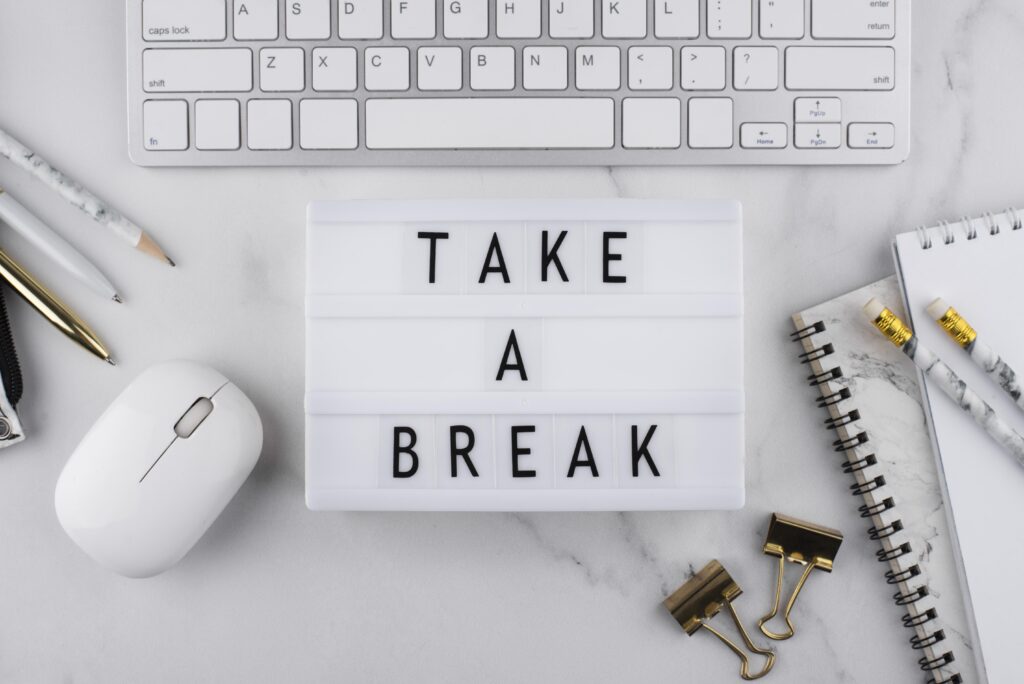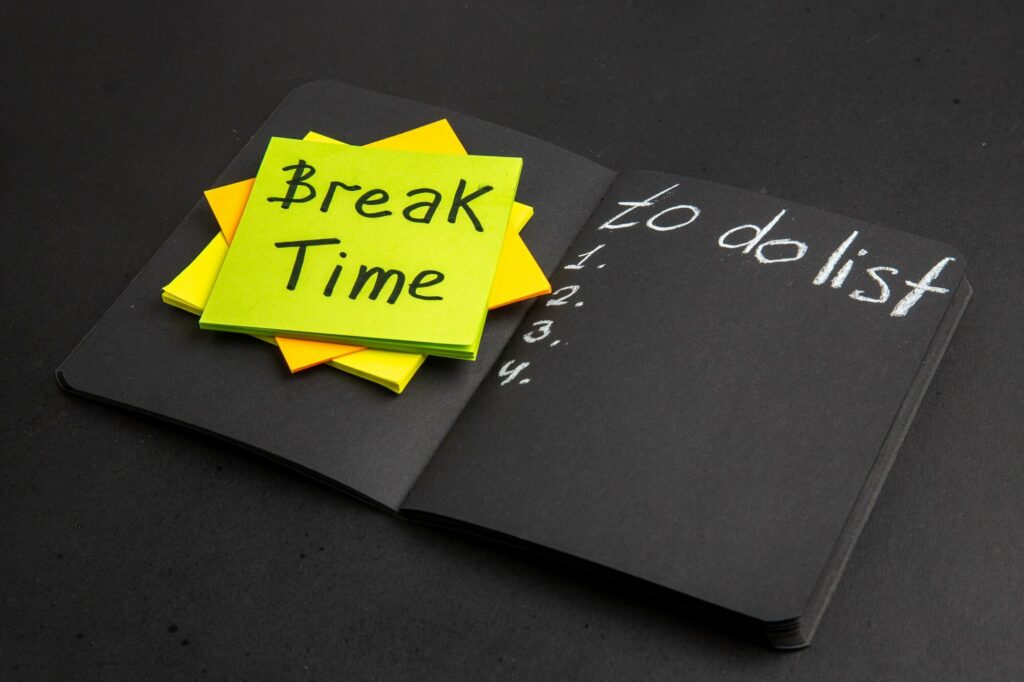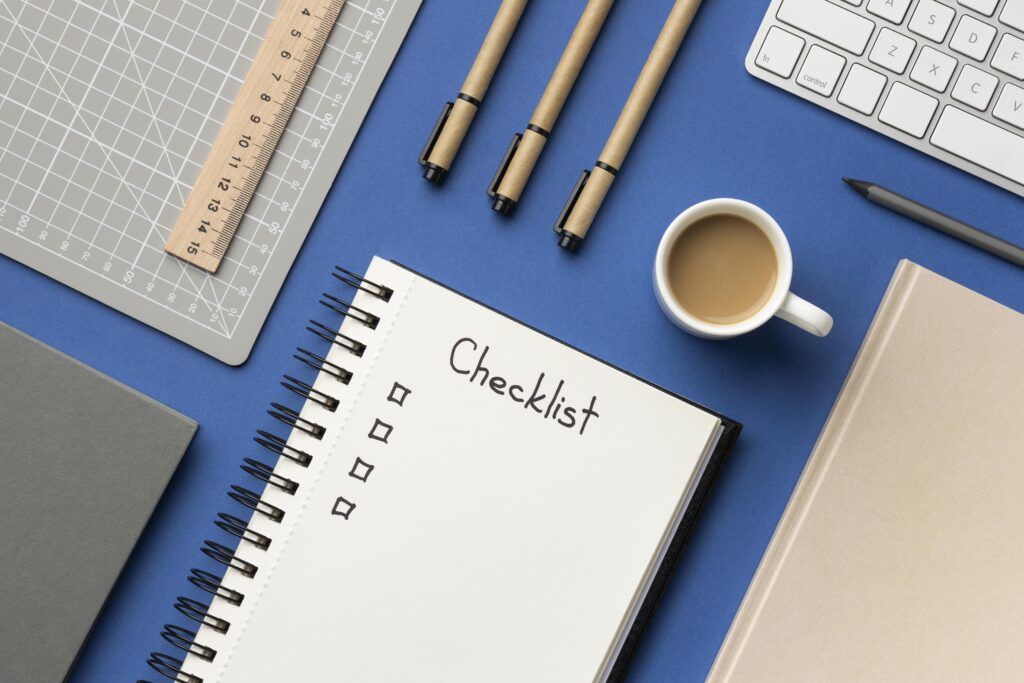Does your life feel like it’s stuck on fast-forward?
You wake up, rush through your morning routine, tackle work, meetings, and emails at lightning speed, and by the time you get into bed at night, your mind is still racing.
Sounds familiar, right?
It’s the kind of pace many of us are living at, but what if this constant hustle is quietly taking a toll on your health?
A fast-paced lifestyle isn’t just tiring, it’s unnatural. Our bodies are designed for bursts of activity followed by periods of rest, not relentless motion. Yet, we often push ourselves beyond our limits, ignoring the subtle (and sometimes not-so-subtle) signs our bodies send us to slow down.
Sickness isn’t always about high blood sugar or diagnosed pain; sometimes, it’s our body in a state of disharmony, where our cells are out of sync with one another. We label these symptoms, like diabetes, fibromyalgia, or arthritis, but often miss the bigger picture: our body is struggling to cope because we’re simply moving too fast.
Table of Contents
ToggleThe Health Risks of a Fast-Paced Life
You might feel accomplished when you’re speeding through tasks, but over time, this fast and energetic pace can lead to more harm than good. The stress from constantly being on puts your body into a state of imbalance. This disharmony between your mind and body can manifest as fatigue, anxiety, and, in more severe cases, chronic illnesses.
Research published in the Journal of Occupational Health Psychology shows that prolonged high stress is linked to physical health issues like cardiovascular disease and depression. Constant stress causes hormones like cortisol to flood your system, which, over time, weakens your immune system and harms your mental health.
But it’s not just about stress. According to a study from the National Institutes of Health, fast living can disrupt our body’s natural rhythms, our circadian rhythms, to be specific. These are the internal clocks that regulate everything from our sleep-wake cycle to hormone production. When we don’t allow ourselves to slow down and reset, we can experience sleep disorders, fatigue, and even metabolic issues like weight gain.
Many of us are caught up in the fast lane of life, believing that constant speed and relentless striving are the keys to success. Sure, you can achieve some level of success that way, but as I often say, it’s a rat race, and at the end of it, you’re still a rat. So, if you’re going to run it, at least aim to be a healthy one, not one worn down by illness and stress. We think we need to keep up this pace to win, but that’s a misconception.
Often, when disease strikes or our body signals us to slow down, we ignore it. Pain in our knee or back, for instance, is our body’s way of saying, take a break, yet we often mask it with ice packs or painkillers and keep pushing. Eventually, this can lead to a complete breakdown, and sometimes the damage is beyond repair.

Signs You’re Moving Too Fast
- You’re constantly tired, yet you can’t sleep well.
- You find it hard to focus, and your productivity is dipping.
- You feel disconnected from your emotions or your relationships.
- You get sick more often, your body just doesn’t bounce back like it used to.
If you’ve nodded affirmatively to any of the above, your body is probably begging you to slow down.
How to Master the Art of Slowing Down for a Healthier Life
When we slow down, everything in life starts to improve, including our relationships. True connection is communication, appreciation, and simply being present, which thrives when we’re not rushing through life. When we’re constantly on the go, we start replacing meaningful gestures with quick fixes, thinking a bouquet, an expensive dinner, or a fancy gift will suffice. But what people truly need is time and attention.
Parents, too, often believe their children want more gadgets and toys, constantly giving them these things. But what kids truly crave is time and attention. Eventually, if they’re not given this, they grow dependent on gadgets and distance themselves emotionally. Later, parents wonder why their children don’t spend time with them or seem ungrateful, not realizing it’s the result of years of missed connection when it mattered most.
Going slow doesn’t mean we can’t dream big or have ambitious goals. We can still achieve it all but at a steady SlowFlow state of mind. Enjoy the journey, stay mindful of the lessons that come from mistakes, and embrace your flaws, transforming them into strengths rather than letting them take your power.
If we observe nature, we see that it follows a rhythm. Storms settle, thunder quiets and heavy rain eventually gives way to calm. Everything returns to baseline, except us. We push ourselves to stay in high gear, believing that constant movement, stress, and sleep deprivation are necessary. To cope, we often turn to alcohol, drugs, or quick fixes, which only add to the stress within our bodies instead of alleviating it.

Here’s how you can start finding balance, one step at a time:
- Tune Into Your Body’s Natural RhythmYour body has its own intelligence, designed to help you achieve balance. Just as nature fluctuates between storms and calm, your body needs periods of rest after intense activity.The human body is designed for brilliance and can handle rapid bursts of activity, but it needs to come back to a state of rest afterwards, the baseline. We aren’t machines; we’re complex beings with incredible intelligence woven into every part of us. While we can build businesses, pursue goals, and push our limits, it becomes problematic if we never allow ourselves to return to a balanced state. This relentless pace is one reason why more people are becoming unwell.Take small moments throughout your day to pause, breathe, and reconnect with yourself. You can incorporate a five to ten minute break after every hour of work. Stand up, stretch, or simply close your eyes and breathe deeply.
Get your FREE copy of Circadian Rhythm guide to jumpstart your wellness journey.
- Prioritize Rest and SleepSleep is one of the most natural ways to slow down. It allows your body to reset and repair.Skimping on sleep doesn’t just make you groggy; it disrupts your body’s ability to heal and regulate itself. Start treating sleep as the foundation of your well-being, not an afterthought. Aim for seven to nine hours of sleep each night. Create a bedtime routine that helps signal your body to wind down, dim the lights, avoid screens, and perhaps sip on herbal tea.Staying active revitalizes both body and mind, improving strength and increasing energy. Equally essential, however, are rest days, as they give muscles time to recover and grow stronger. Balancing movement with rest is key to sustaining long-term wellbeing and preventing burnout.
- Reassess Your Priorities
Constant busyness often stems from the belief that we must do more to succeed. But remember, success isn’t a sprint, it’s a marathon. Take time to reassess what truly matters to you and focus your energy on those things, rather than spreading yourself thin. Each day, write down your top three priorities. Focus on those and let go of non-essential tasks.

Source: Freepik - Practice Mindfulness
Being present in the moment slows down the mental chatter and helps you reconnect with what’s truly important. Mindfulness is not just about sitting in meditation; it’s about being aware of your actions, thoughts, and feelings without judgment. Start with five minutes of mindfulness each day. This can be as simple as focusing on your breath or observing your surroundings without distraction. - Reconnect with NatureNature is one of the best teachers of balance. It moves in cycles; storms followed by calm, growth followed by rest. By spending more time outdoors, you remind your body of its natural rhythms and allow it to recalibrate. Spend 15-20 minutes outdoors each day, whether it’s walking in a park, sitting under a tree, or simply breathing fresh air.

Embracing the Slow Life
As a society, we’ve been conditioned to believe that faster is better. But as you take steps to embrace a slower, more mindful pace, you’ll start to notice improvements not just in your health, but in every aspect of your life; whether it’s your job, your relationships, or your sense of well-being.
Simply by slowing down, we give the body space to align its complex, innate intelligence to work with us, not against us. Every day in my practice, I encounter people with access to top-notch medications, the best doctors, and all the resources they could need yet they’re not seeing results.
Why?
Because they’re missing the foundational balance that our bodies need. Many come to me saying that they can’t slow down because they are too busy and ask me to give them whatever it takes to feel better. But without truly allowing their bodies to reset, recovery remains out of reach.
Slowing down allows us to create a foundation for true healing. When we prioritize balanced nutrition, we fuel cellular repair and energy; when we incorporate movement, we build physical strength and emotional well-being.
Quality sleep allows for deep recovery, supporting mental clarity, while emotional and spiritual connections foster resilience and inner peace. These elements work together to power our body’s defences: nutrition strengthens immunity, anti-angiogenesis limits cancer growth, DNA repair prevents harmful mutations, stem cell regeneration rebuilds tissue, and gut health boosts immunity. By slowing down, we create harmony within, allowing our body to heal and function optimally.
Wrapping Up to Slow Down
Remember, health isn’t just about the absence of disease. It’s about creating harmony within yourself, and that begins when you take a step back and listen to what your body is trying to tell you.
The truth is, we all need to understand that the best things in life take time. Just like crops take patience to grow, we can’t rush the process of good health. Industries may push fast food and quick fixes, but if you ask a farmer about organic crops, they’ll tell you that truly healthy food needs time. Some crops might fail or be eaten by pests, but with patience, the results are worthwhile.
In life, too, everything follows the pace of nature, which is slow, steady, and patient. If you’re feeling stuck, trying to keep up with others or comparing yourself constantly, the answer isn’t always in the latest superfood or wellness trend. Often, all you need to do is slow down.
Take a step back and reflect: Are your eating habits helping or hurting you? Is your movement and exercise supportive, or is it exhausting? Are your sleep patterns nourishing or depleting you? Are you in a healthy emotional space, or are you caught up in the relentless rat race?
Slow down, take time to rebuild, reassess, and make new plans. Because, ultimately, if you don’t choose to slow down, your body will eventually make it for you.
Disclaimer: The information provided here is not intended to replace the medical advice from your doctor. Always consult your doctor and keep them informed if you plan to try anything new.
Ready to slow down and reclaim your health?
We can guide you towards a healthier, stress-free life.
Start your journey today!
Know more about our personalized Wellness Program here.
Schedule a one-on-one consultation with our integrative team by calling us at 1800 102 0253 or emailing us at [email protected].
ALSO WATCH
Team Luke
Start Your Wellness Journey
Feeling inspired to take the next step in your wellness journey? Connect with us to explore how our tailored programs can support your health journey. Your transformation is just a conversation away.



